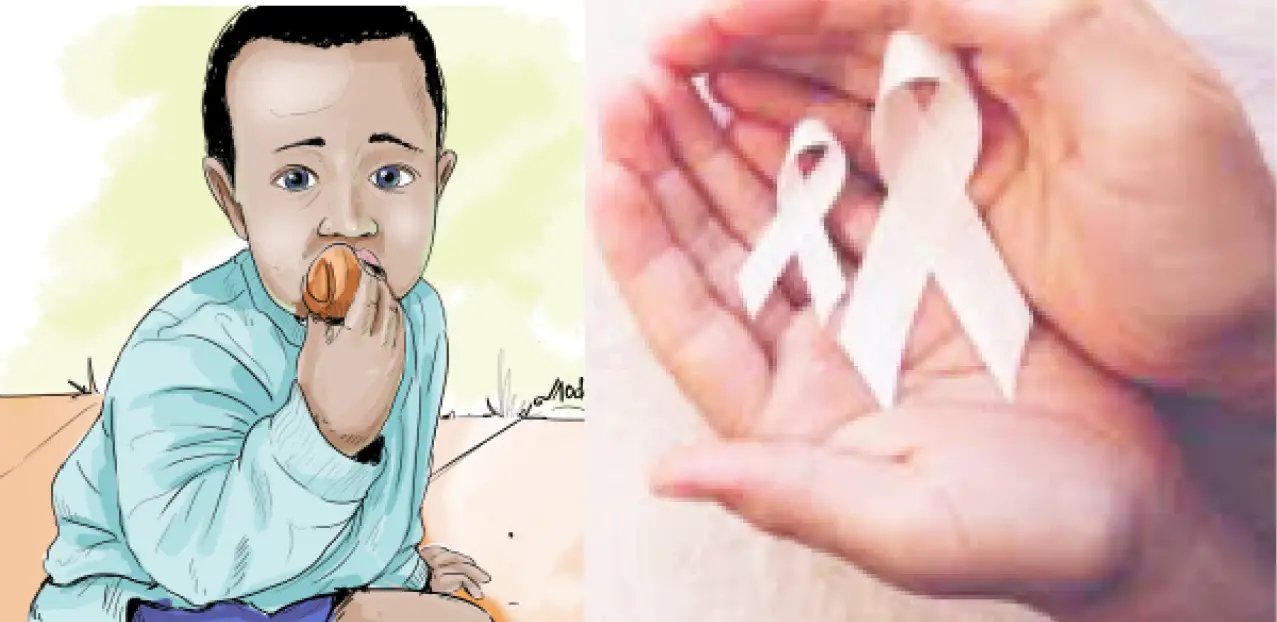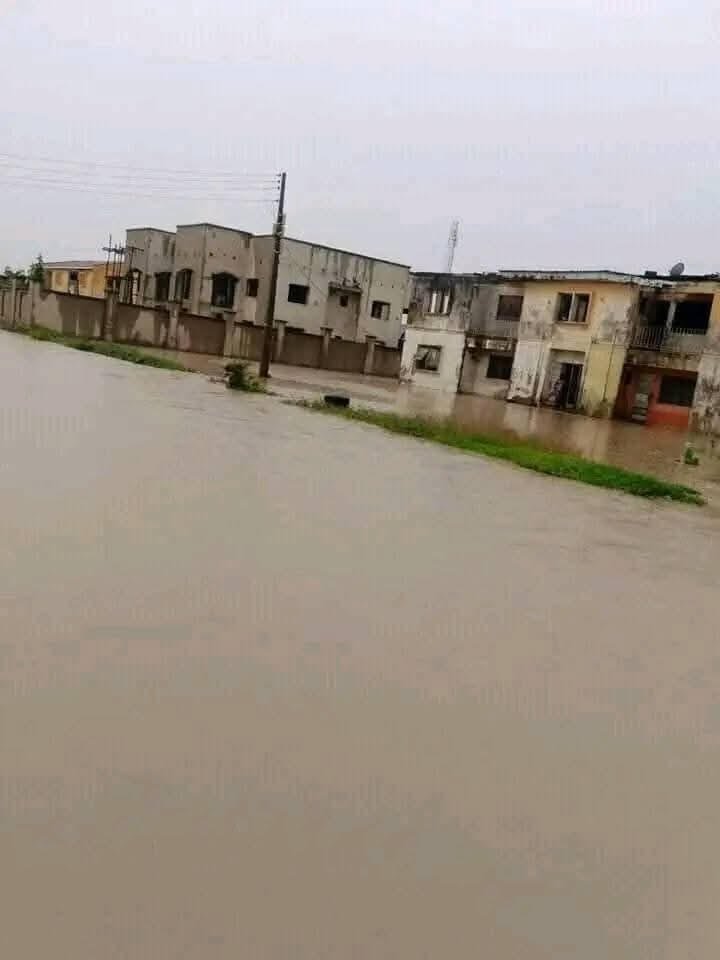Gom Mirian
The World Health Organisation (WHO) has revealed that more than 350,000 children in Nigeria and other low- and middle-income countries lack access to cancer treatment that could save their lives.
According to the organisation, the development has decreased their chances of surviving the life-threatening disease.
Dr. Tedros Adhanon Ghebreyesus, the Director-General of WHO, revealed this recently in Geneva, Switzerland, explaining that just 25 per cent of low-income countries provide childhood cancer medications through public benefits.
Ghebreyesus noted that children and families in these countries are exposed to overwhelming suffering and financial hardship, with less than 30 per cent surviving the disease, while those in high-income countries enjoy more than 90 per cent.
He proposed a holistic reversal of the phenomenon, leveraging on the Global Initiative for Childhood Cancer which was launched in 2018 with a target of at least a 60 per cent survival rate in low and middle-income countries by 2030, and focusing on six highly curable cancers, which represent more than half of children cancers.
The WHO head called for universal and sustained access to quality-assured cancer treatment for children in the affected countries, even as he added that cancer medicines have been added to the latest version of the WHO Essential Medicines List and the Essential Medicines List for Children.
According to WHO’s key facts on childhood cancer, an estimated 400,000 children and adolescents of 0-19 years old develop cancer yearly. In high-income countries, where comprehensive services are generally accessible, more than 80 per cent of children with cancer are cured. However, in low- and middle-income countries, less than 30 per cent are cured.



